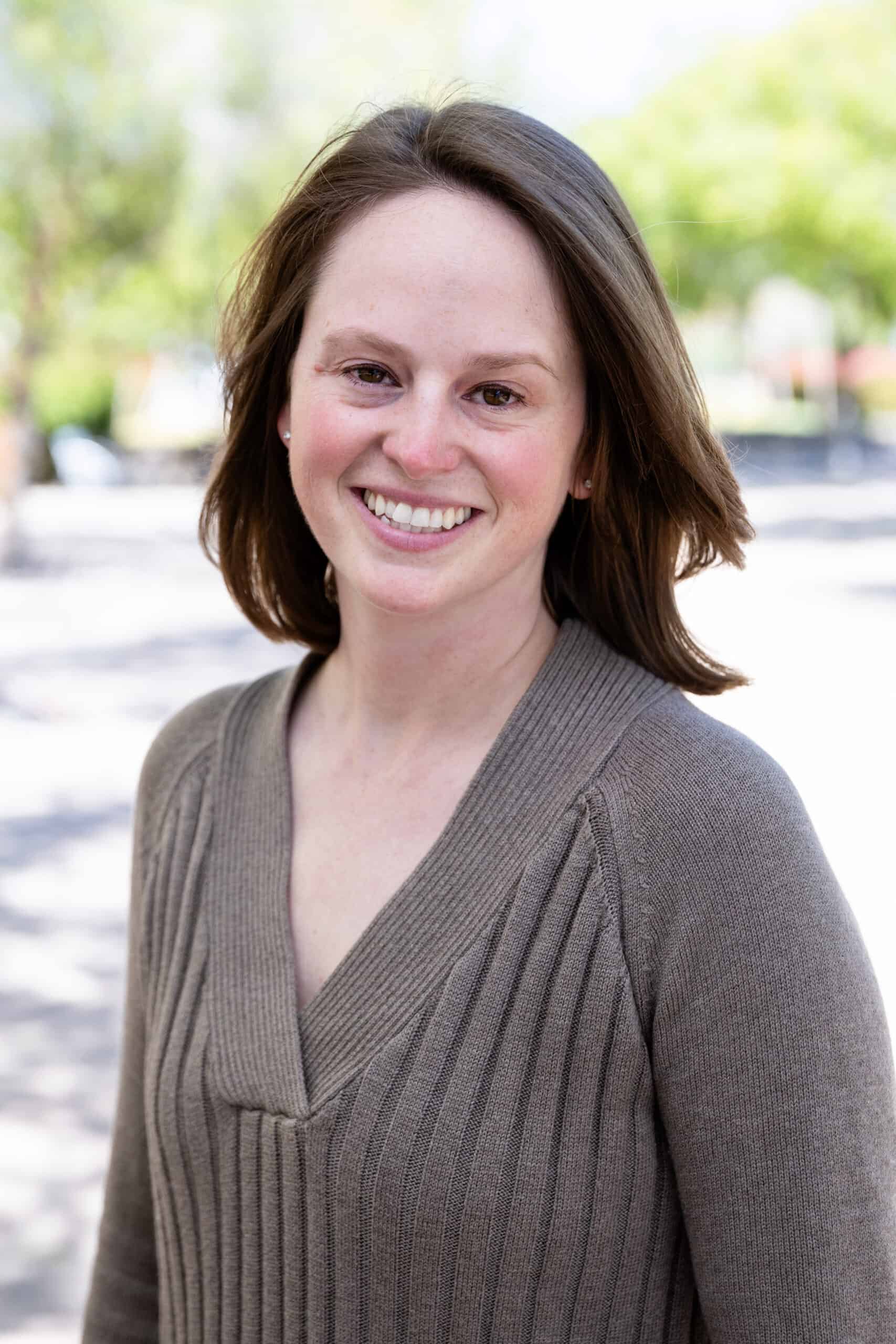Effective immunotherapies leverage the immune system to eliminate cancer and, therefore, rely on the proper development and function of immune cells within the blood. The potential utility of such therapies is particularly limited in cancers of the blood, where these immune cells and their immunological function have become dysregulated.
Therefore, there is a critical need to define the pathways that govern proper immunological development and function to develop immunotherapies aimed at correcting their dysregulation in blood cancers, as well as harnessing them for the treatment of solid cancers. The Ten-eleven Translocation 2 (TET2) gene is commonly mutated in many blood cancers, and TET2 mutation within blood cells of otherwise healthy individuals increases their risk for cancer development. These clinical observations have identified TET2 as a critical regulator of proper immune cell development and function, capable of preventing blood cancers. The increased risk for blood cancer development upon TET2 mutation is due to enhanced self-renewal of the stem cell responsible for producing all blood cells.
However, which pathways are involved in the maintenance of self-renewal and their TET2-dependent regulation remain unknown. Thus, Dr. Helms proposes to identify these TET2-regulated pathways using a novel model system for studying disease-initiating changes in self-renewal. Together, the proposed aims will elucidate previously unappreciated regulators of self-renewal that maintain proper immune cell development and function uncovering novel immunotherapeutic targets for the treatment of cancer.
Projects and Grants
Identifying TET-dependent tumor-suppressive regulation of hematopoietic stem cell self-renewal
La Jolla Institute for Immunology | Other Cancers | 2024 | Anjana Rao, PhD

